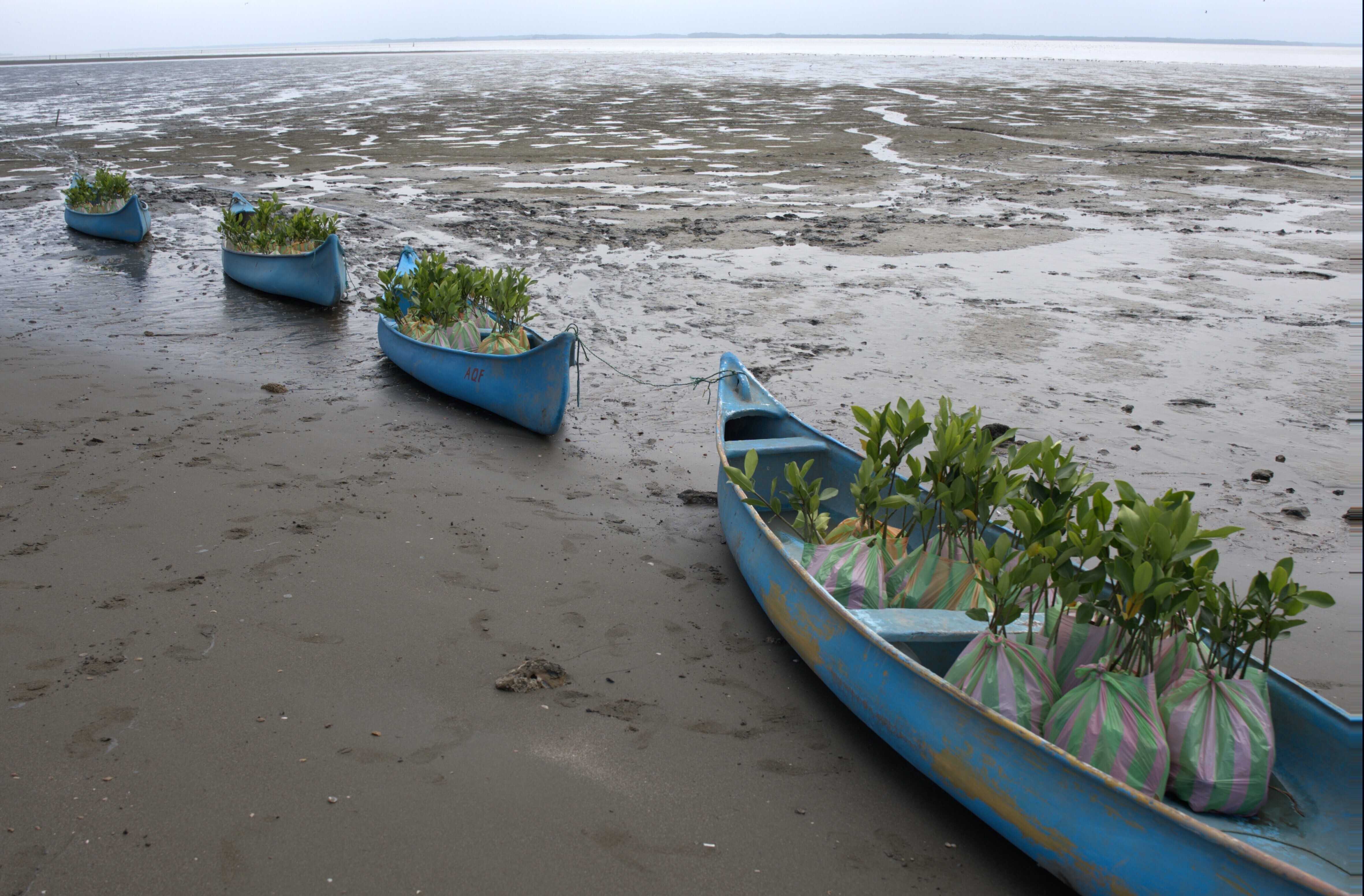This French football club is run by fans who use an app to choose the team

Technology takes over. Image: REUTERS/Regis Duvignau
The United Managers app – a start-up which began working with French team Avant Garde Caennaise in 2017 – allows 2,000 fans to make decisions, like a real-life Football Manager game.
Users, known as Umans, can watch matches live on the app and help decide the team’s starting lineup, tactics, and vote players on and off the field.

But not everyone is a fan of the new high-tech, multi-manager system. While the local Normandy Football League has no objections, recent rule changes by the French Football Federation mean the future of the United Managers app is uncertain.
Game-changer
Avant Garde Caennaise is one of a new breed of football clubs playing by its own rules. And unlike other clubs, the team welcomes contributions from its harshest critics – the supporters.
While the manager is still in charge, the club’s fans can influence team tactics by voting on key match decisions.
Umans can buy a subscription or use the free app to earn coins, which can be used to vote. Once votes are tallied the app sends the winning outcome to team manager Julien Le Pen on the touchline, who makes it happen.
The app gives supporters direct involvement in each game and motivates players to become crowd pleasers, if only to avoid being substituted. United Managers helped the Normandy sixth-tier side win promotion last year and they currently sit at the top of the Regional 1 league.
A recent Deloitte report shows that Ligue 1, the top flight of football in France, generated €1.6 billion (approximately $1.81 billion) in revenue during the 2016 - 2017 season. Almost half of this income came from selling broadcasting rights, which could be undermined if major clubs adopt the app model and stream matches live.
Tackling climate change
While one club is using technology to improve team performance, another is using innovation in the fight against climate change.
The United Nations has honoured UK amateur club Forest Green Rovers with the UN Climate Action Award, for its efforts to become the world’s first carbon neutral football club.
Launched in 2010, the club’s eco-crusade includes solar panels installed on the stadium roof, electric vehicle charging points in the carpark and British football’s first solar-powered robotic lawnmower.
The club also owns the world’s first organic pitch, which is kept in trim by the high-tech “mowbot” lawnmower. GPS technology automatically guides the mower around the playing surface without human assistance.
In another world first, players and supporters are served a vegan menu to eliminate carbon emissions associated with the meat and dairy industry. At home matches hamburgers and meat pies have been replaced with healthy alternatives.
The Forest Green Rovers’ green initiative has garnered a lot of positive attention, resulting in a fourfold increase in average attendance since since 2010. The club regularly advises other sports clubs – including Arsenal FC – on reducing their carbon footprint and could serve as a model for bigger clubs to follow.
Don't miss any update on this topic
Create a free account and access your personalized content collection with our latest publications and analyses.
License and Republishing
World Economic Forum articles may be republished in accordance with the Creative Commons Attribution-NonCommercial-NoDerivatives 4.0 International Public License, and in accordance with our Terms of Use.
The views expressed in this article are those of the author alone and not the World Economic Forum.
Stay up to date:
Social Media
Forum Stories newsletter
Bringing you weekly curated insights and analysis on the global issues that matter.






